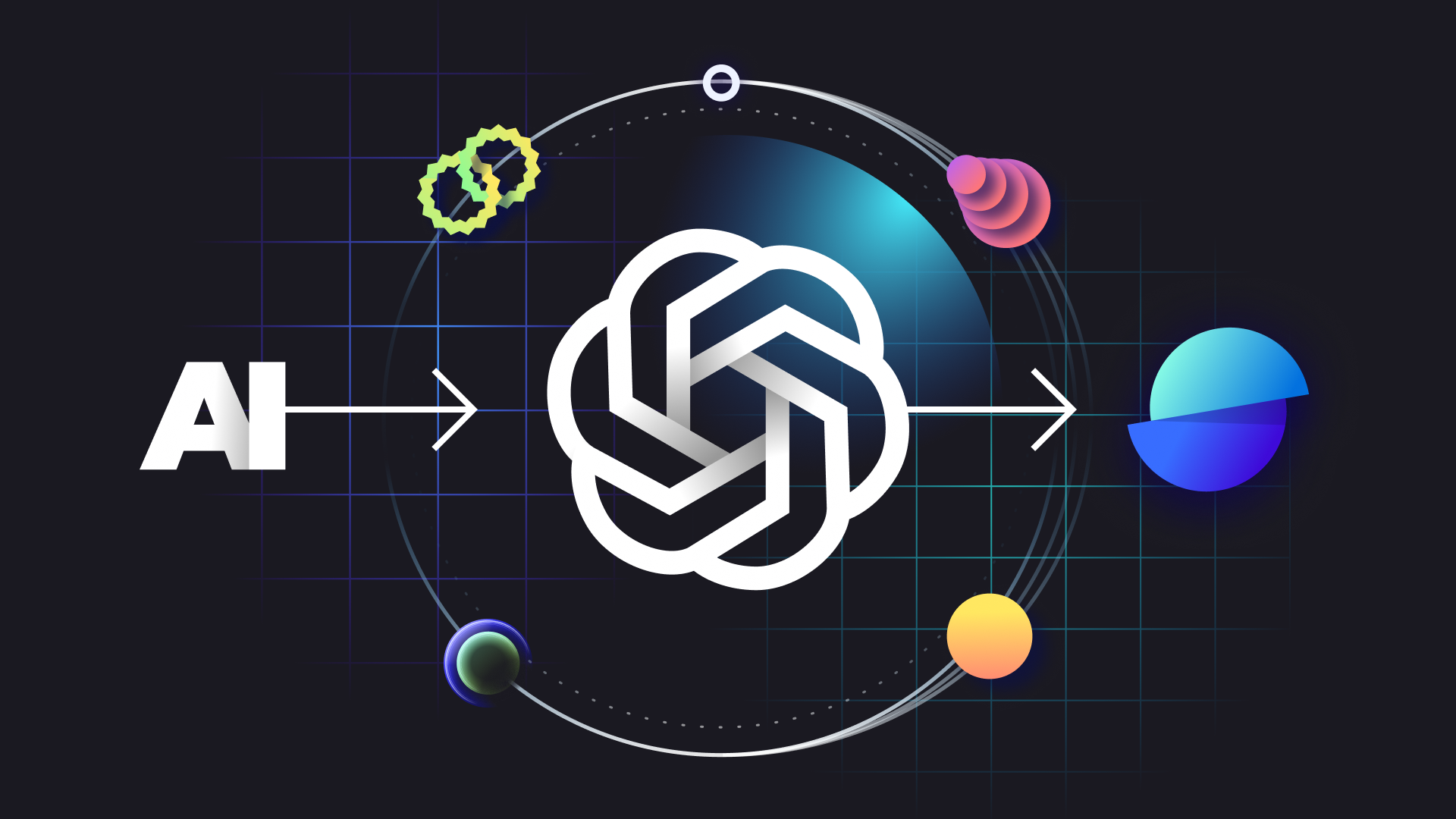A quiet revolution is taking place in the software development world. The rapid evolution of AI coding tools isn't just changing how we write code—it's redefining who can write it. These new tools are shaking up how fast software can be built and what's possible when intelligent systems amplify creativity. Today, anyone with a laptop, a weekend, and an idea can build something viable; not just an MVP, but a business.
From a playlist at a party to a product on the beach
Since ChatGPT first launched, I've been trying to solve one seemingly simple problem: how to turn a great party playlist into something permanent and shareable. I remember house parties where friends from around the world would add songs to the Spotify queue—little moments of cultural exchange and musical magic. But every time I tried to capture that experience in software, it turned out to be harder than expected.
This past summer, I found myself sitting on a beach in Greece, just an iPad and a 5G connection, and thought: surely with today's AI tools, this can finally be done. That simple moment became the spark that led to building on a side-project: a music experience powered by AI—but more importantly, it showed me how far the tools had come.
Lowering the barrier to entry
In the early days, GenAI tools, like ChatGPT, were fantastic for getting ideas off the ground, helping brainstorm, debugging, or writing snippets. But building something production-ready? That still required serious developer muscle.
Now, the game has changed with the rise of newer GenAI tools like Claude Code and Cursor. These tools don't just suggest code—they reason through problems, scaffold projects, and evolve alongside your thinking. You don't need to be a full-stack engineer any more. You can orchestrate a project like a conductor, letting AI handle the technical execution while you focus on the product vision.
For those who learn by doing or watching, this is gold. It's like stepping into a professional kitchen and learning not from a recipe but from watching a world-class chef prepare your idea.
Speed and quality are no longer trade-offs
With traditional software teams, speed and quality often exist in tension. Rush to ship something fast, and corners get cut. Take too long, and you risk missing the moment.
AI breaks that trade-off. It accelerates every stage of development—from building a new app to updating dependencies to generating boilerplate with your preferred stack—and it does so with precision. Best practices, testing harnesses, and deployment strategies are all generated, refined, and improved as you iterate.
This doesn't just improve time-to-market; it lifts the quality bar. Codebases are more consistent, releases are more stable, and features get into users' hands faster with fewer regressions.
And as AI begins to be embedded directly in the product experience, not just the dev stack, it opens up a new layer of personalisation, automation, and intelligence for users.
From team projects to solo weekend triumphs
What used to require a team of engineers, designers, and product managers now takes you, a well-structured weekend and the right tools. I'm not just talking about hobby apps; I'm talking about deployable, monetisable products.
We're entering a world where it's possible for someone to solo launch a new SaaS tool, a media experience, or an AI agent-driven app, and iterate faster than teams did five years ago. The tools don't just make development accessible; they shift the nature of what's buildable.
Just as importantly, they're changing the nature of how we think about work and income. AI is making it easier than ever to pursue portfolio careers—multiple income streams driven by curiosity, experimentation, and speed. What used to be called a “side hustle” doesn’t have to mean burning the candle at both ends anymore. With the right AI co-pilots, building a second (or third) business is something you can do without sacrificing your health or your day job. For all the talk about AI taking jobs, we're missing a bigger story: it's reshaping how we create jobs—more flexibly, more personally, and with far less friction.
Getting monetisation right from day one
The last mile of any good idea is the hardest: turning it into a business. In this evolving environment, commercialisation isn't something you tack on later—it's something you think about from the first commit.
What problem are you solving? Who values it? How would they pay for it? If you're building with AI and automation at the core, you can ship faster—but that also means you'll find product-market fit, or miss it, much quicker too.
Platforms like Salable (my day job) are built to help makers plug in pricing, licensing, and access control early—allowing you to validate ideas, test pricing models, and charge for real value without rebuilding everything later.
This isn't just about speed. It's about access
AI isn't just a productivity multiplier. It's an inclusion engine.
It expands who gets to be a builder. It enables designers, musicians, educators, and tinkerers to go from idea to prototype without needing to learn five programming languages. And it opens the door to new perspectives, new tools, and new kinds of software we haven't even imagined yet.
Build the thing. You can.
If you have a product idea, now is the time to test it. Not in six months, not when you've raised funding. Now.
The tools are ready. You don't need a team or permission—just a couple of days, a vibe, and a reason to build.
Side-projects start as shared moments between friends. Yours can too. Don’t let monetisation of your idea be a second thought, book a Salable demo.







